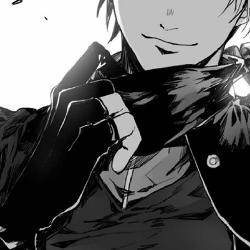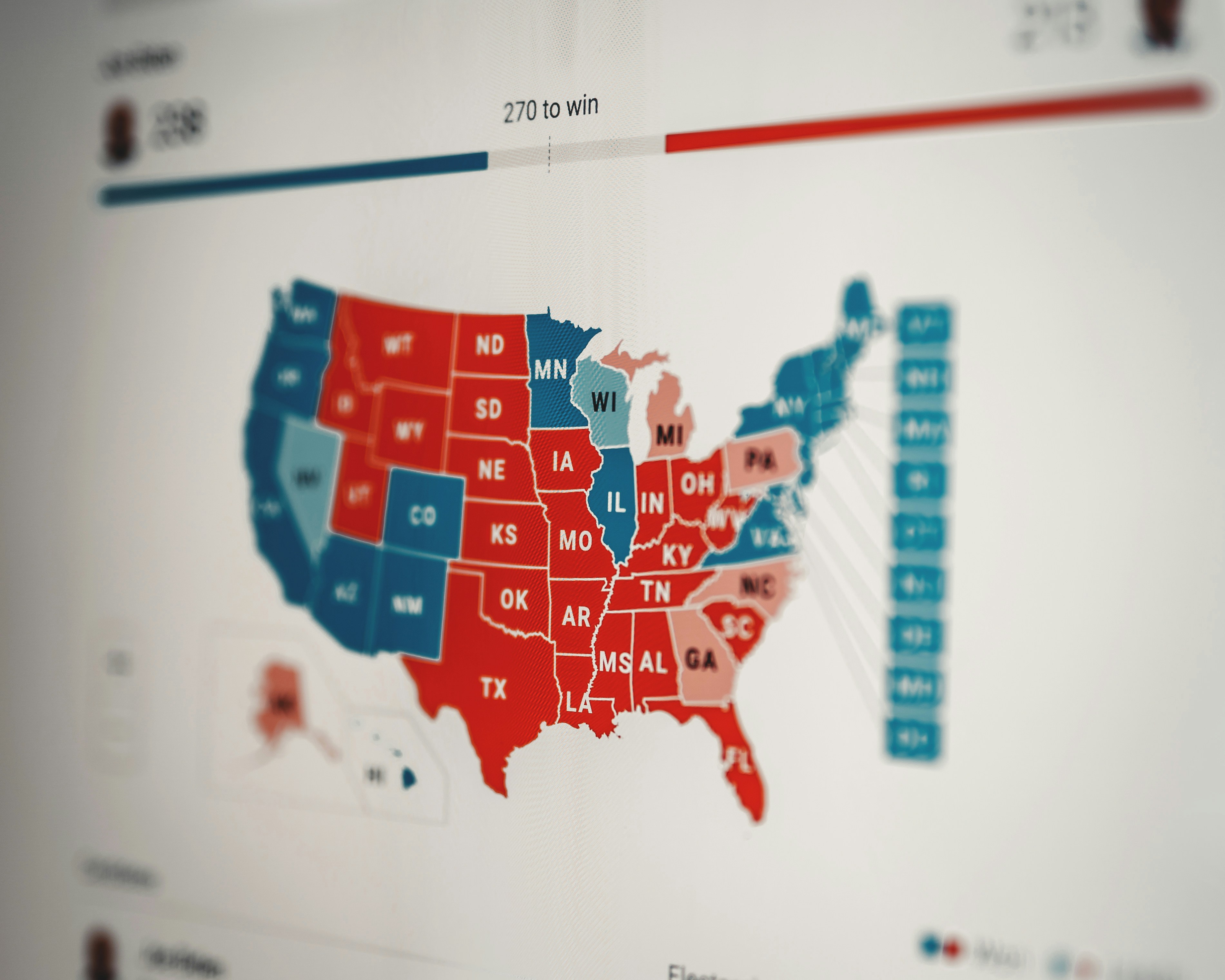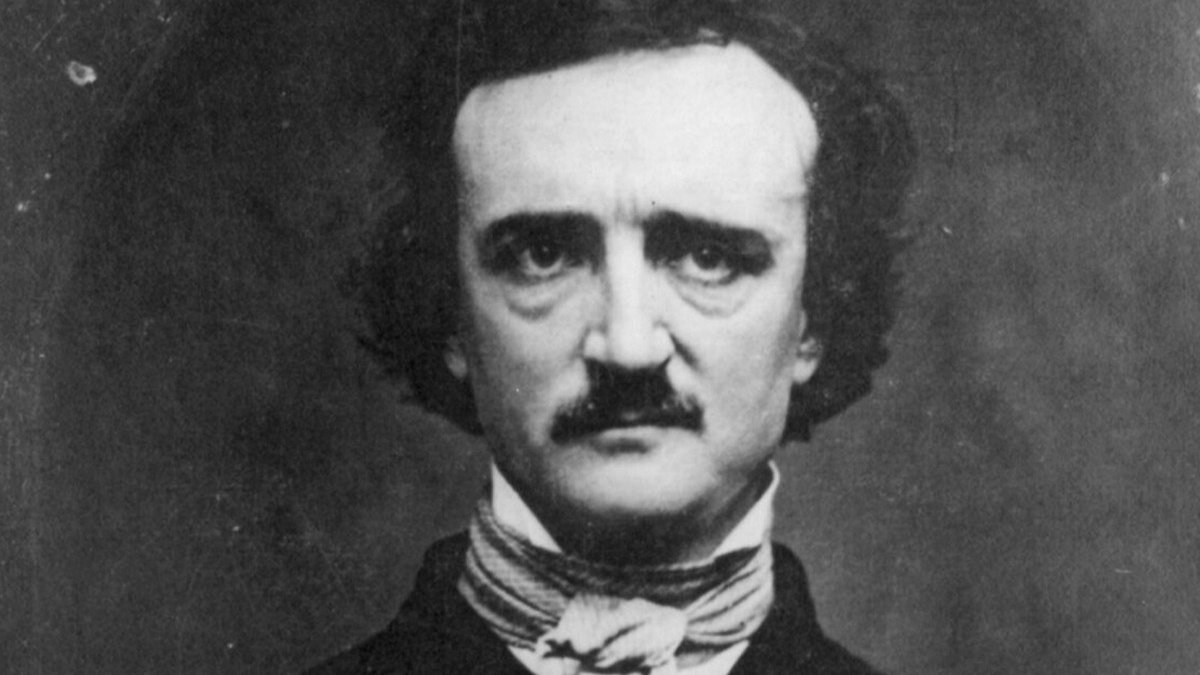IELTS004 英语学习笔记
发音
双唇近音 [w]
- 双唇突出聚拢,不接触(双唇近音)
- 舌后向软腭抬起
- 发音短促,迅速滑向下一个音
- [w] 声带振动,浊辅音
- 半元音:发音和声效像缩短的 元音[u:]
作用是 辅音
字母及组合:w wh
- what
- why
- water
硬腭近音 [j]
- 双唇左右延伸 微笑状
- 舌前部向硬腭拱起 接近不接触
- 发音短促,迅速滑向下一个音
- [j] 声带振动,浊辅音
- 半元音:发音和声效像缩短的 元音[i:]
作用是 辅音
常见字母及组合:y
- year
- young
u 常自带 j,读作 [ju:]
- cube [kju:b]
- cute [kju:t]
yes
- yogurt /ˈjoʊɡərt/
- yoga /ˈjoʊɡə/
雅思考试规则
The International English Language Testing System(IELTS)
无论是学术类还是通用(general)类型听力(listening)和口语(speaking)这两个部分是一样的。
听力:30 分钟
阅读:60 分钟
写作:60 分钟
口语:11 - 14 分钟
总共用时:2 小时 44 分钟
听力
4 部分(sections),40 题,30 分钟
前面的两部分有两个 speaker 之间的对话,之后是独白(monologue)。
后面两部分有 4 个人,然后是独白。
写作
2 篇(tasks),60 分钟
建议第一篇 20 分钟,第二篇 40 分钟,第二篇比重更大。
第一篇:至少 150 词
第二篇:至少 250 词
口语
- Wish me luck! 祝我好运。
- Aright, I’m going for the job interview. Wish me luck, everyone!
- I wish you good luck in your accounting exam tomorrow.
- Let’s hope for the best. 希望一切顺利
- to wish 后面加 人
- I wish you both all the best for your future.
- Fingers crossed! 祝你好运。(带来好运,源于手指交叉)
- Touch wood!(避免厄运,源于摸木头)
would
Would you like…
-
Would you like to see the specials?(你想看看特色菜吗?)
-
I’d like to… 我想…
-
He’d love to…
- He’d love to go kayaking in Canada. 他想去加拿大划独木舟。
-
She’d rather…
- She’d rather hire a car than cycle. 她宁愿租车,也不想骑车。
- 后面动词的基本形式
-
They’d prefer to… 他们更愿意 / 更想 / 更喜欢 / 愿意 / 想 …
-
Would you prefer to have your steak medium rare? 你的牛排要三分熟吗?
He wouldn’t like to get a tan (n. 黄褐色, 棕黄色). 他不想晒黑。
If I take some time off work, I’ll go to Spain.
I’ll miss watching them grow up if I’m always away. 如果我总是缺席,我会错过他们的成长。
有的动词既可以用 -ing,也可以使用 to + 动词原形,含义不会发生变化。 例如,
- to begin
- to start
- to continue
他们继续处理这个项目。
- They continued working on the project.
- They continued to work on the project.
我们喜欢夏天去度假。
- We like going on holiday in the summer.
- We like to go on holiday in the summer.
We started dating in 2020 and continued to date until today.
我们 2020 年开始约会,一直交往到今天。
有的动词使用 -ing 和动词不定式的含义不一样
- I remember playing with my cousins. 我记得和我的堂/表兄弟姐妹一起玩过。(回忆事件)
- Please remember to use gloves. 请记得使用手套。(提醒)
like、love、hate 后面加 ing 还是 to + 动词原形的意思相近,可以互换使用。
- I’d like to go to Kyoto. 我想去京都。
- I like traveling by train. 我喜欢坐火车旅行。
I want to start going to the gym. 我想开始去健身房。
复习
- Where’s good for Mexican food? 哪儿适合吃墨西哥菜?
- somewhere with live music
- Can you write the address down?
- Are there guided tours? 有配导游的观光活动吗?
新概念 2 L4 An exciting trip
词汇
- exciting adj. 令人兴奋的
- excite vt. 使某人兴奋
The decision excited me.
interst
- intersted
- intersting
bore vt. 无聊
- bored
- boring
suprise vt.
- suprising
- suprised
receive v. 收到
All the children will receive a small gift.(P.S. 收到不一定接受)
接受 accept
I received a gift this morning but I didn’t accept it.
firm /fɜːrm/ n. 商行,公司(倾向于提供服务)
- company n. 公司(通用,可大可小)
- business n. (小)买卖
- corporation 大企业、集团
a law firm
a software firm
an insurance firm
be similar to
be the same as
in the center of sth. 在 … 的中心
central a. 中心的
We live in the center of London.
We live in central London.
abroad adv. 在国外
I go abroad. 我出国
He lives abroad.
原文
I have just received a letter from my brother, Tim. He is in Australia. He has been there for six months. Tim is an engineer. He is working for a big firm and he has already visited a great number of different places in Australia. He has just bought an Australian car and has gone to Alice Springs, a small town in the centre of Australia. He will soon visit Darwin. From there, he will fly to Perth. My brother has never been abroad before, so he is finding this trip very exciting.
参考译文:
我刚刚收到弟弟蒂姆的来信,他正在澳大利亚。他在那儿已经住了 6 个月了。蒂姆是个工程师,正在为一家大公司工作,并且已经去过澳大利亚的不少地方了。他刚买了一辆澳大利亚小汽车,现在去了澳大利亚中部的小镇艾利斯斯普林斯。他不久还将到达尔文去,从那里,他再飞往珀斯。我弟弟以前从未出过国,因此,他觉得这次旅行非常激动人心。
现在完成时
- 过去结束,影响现在;
标志词:just, already, yet(到目前为止,放在 句尾,不能用于肯定句 ) - 用于谈论从过去到现在的 经历 ;
标志词:ever, never, before, recently, lately, so far
meet-met-met
- a number of + 可数名词 = some
have been to (曾经去过,现在不在了)与 have gone to(已经去了)
- I have been to Australia.(去过澳大利亚了,现在不在澳大利亚)
- My father has gone to Germany.(现在到了德国了)
find + n. + adj. 觉得 sth. 怎么样
I find the question diffcult.










